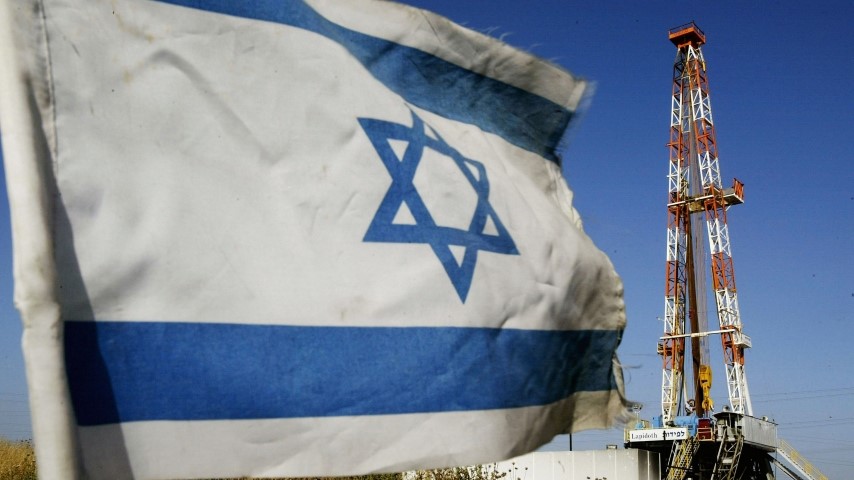Israel’s Gas Wars
Photo by David Silverman/Getty Images
Beneath the genocidal, expansionist madness of Israel’s bloodlust lies some cold, hard logic. The lands of Lebanon and the Occupied Palestinian Territories bear riches, and Israel covets them.
It wasn’t so long ago that Israel was entirely reliant on importing its energy from abroad. But the discovery of significant fossil gas fields off the country’s coastline in 2009 and 2010 sparked a dizzying transition. Within the space of a decade or so, Israel became, not only energy independent, but an energy exporter, sending excess gas extracted from its fields to Egypt and Jordan, while grander ambitions soon became apparent, too.
After Russia invaded Ukraine in February 2022, leaders in the European Union scrambled to break the bloc’s reliance on Russian gas. The E.U. turned to, among other sources, countries like Azerbaijan, which, around that time was beginning to ramp up its now completed ethnic cleansing of Armenians from the Nagorno-Karabakh region, and Israel, an apartheid state and illegal occupying force in Palestine. By June 2022, the E.U. had signed an agreement with Israel and Egypt, which essentially laid the groundwork for Israeli gas to be exported to Europe in future.
Israel extracts gas from a range of fields that fall within its legally defined maritime borders, and it intends to expand its operations at these sites. But it is not the only player in the region: its enemies, too, lay claim to some of the gas fields of the Eastern Mediterranean.
-

-

-

-

-

-

-

-

-

-

-

-

-

-

-

-

-

-

-

-

-

-

-

-

-

-

-

-

-

-

-

-

-

-

-

-

-

-

-

-

-

-

-

-

-

-

-

-

-

-

-

-

-

-

-

-

-

-

-

-

-

-

-

-

-

-

-

-

-

-

-

-

-

-

-

-

-

-

-

-

-

-

-

-

-

-

-

-

-

-

-

-

-

-

-

-

-

-

-

-

-

-

-

-

-

-

-

-












































































































